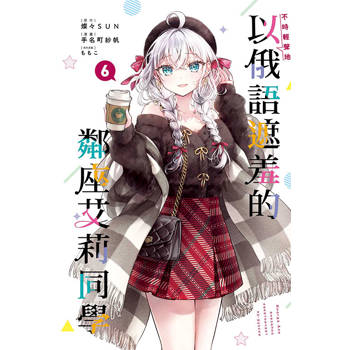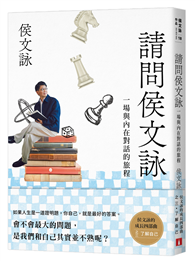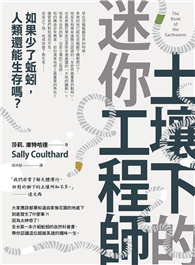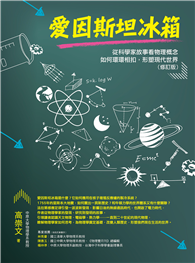| FindBook |
有 6 項符合
二二八與國際人權特展專輯的圖書 |
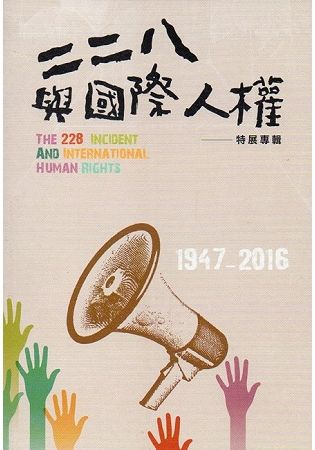 |
二二八與國際人權特展專輯 作者:財團法人鄭南榕基金會 出版社:台北市政府文化局 出版日期:2017-03-01 規格:21*14.8cm |
| 圖書選購 |
| 型式 | 價格 | 供應商 | 所屬目錄 | $ 160 |
社會人文 |
$ 180 |
旅遊 |
$ 190 |
文化/藝術 |
$ 190 |
中文書 |
$ 190 |
文化/藝術 |
$ 190 |
政府出版品 |
|---|
| 圖書館借閱 |
| 國家圖書館 | 全國圖書書目資訊網 | 國立公共資訊圖書館 | 電子書服務平台 | MetaCat 跨館整合查詢 |
| 臺北市立圖書館 | 新北市立圖書館 | 基隆市公共圖書館 | 桃園市立圖書館 | 新竹縣公共圖書館 |
| 苗栗縣立圖書館 | 臺中市立圖書館 | 彰化縣公共圖書館 | 南投縣文化局 | 雲林縣公共圖書館 |
| 嘉義縣圖書館 | 臺南市立圖書館 | 高雄市立圖書館 | 屏東縣公共圖書館 | 宜蘭縣公共圖書館 |
| 花蓮縣文化局 | 臺東縣文化處 |
|
|
1947年二二八事件爆發,1949年實施戒嚴,隨之而來長達數十年的白色恐怖,造成臺灣人民及社會的集體創傷,其負面影響仍未完全消弭。在國際人權的脈絡中觀察,統治者濫用國家機器「屠殺人民」的罪行,並非偶發,中國的文化大革命及六四天安門事件、韓國的四‧三事件及光州事件、赤柬的波布對高棉人民的虐殺、智利獨裁者皮諾契特血腥鎮壓異己等,都是世人必須記取的教訓,才能避免此等悲劇歷史重演。 對歷史的失憶、對人權的無知,會導致臺灣人的自我迷失。沒有歷史的記憶、乃至於片面而偏頗的記憶,要如何記取教訓?要如何一起療癒?本次特展透過「二二八與臺灣民主化」、「突破威權的禁忌」、「世界自由人權人物特寫」、「環視亞洲人權和平博物館」等四單元,連結二二八事件與臺灣民主化、住民自決意識的萌芽茁壯和言論自由破除二二八禁忌的過程,帶您認識自由、人權、民主的普世價值,體會使世界不斷向前邁進的人類精神資產。誠然,為二二八止痛療傷,需要臺灣所有族群共同努力,帶給社會正面的能量,誠實回顧過去,勇敢面對未來。
After the 228 Incident in 1947, in which thousands of Taiwanese civilians were arrested, executed, or disappeared by the KMT regime, martial law was declared in 1949, and Taiwan suffered under a decades-long “White Terror”, the collective trauma of which Taiwan the country has yet to fully recover from. In the larger context of international human rights, we have time and time again witnessed the massacre of civilians brought by the government’s abuse of the national apparatus: the Cultural Revolution and Tiananmen Square Massacre in China, the Jeju Uprising and Gwangju Uprising in South Korea, Pol Pot’s massacres of the Cambodian people under the Khmer Rouge, Augusto Pinochet’s bloody crackdowns on dissidents in Chile — these are all lessons which mankind must remember, so that such tragic histories may never repeat. If Taiwanese fail to remember history and remain ignorant of human rights, this will result in the nation becoming collectively lost. How can we learn from the lessons of history, when such history — as fragmentary as it might be — is erased from our memory? How can we collectively heal our wounds? The present exhibition aims to connect the universal values of freedom, human rights, and democracy with Taiwan’s history, covering the 228 Incident and Taiwan’s democratization, the rise of a national consciousness, and the right of free speech lifting the taboo of the 228 Incident, in a portrayal of mankind’s constant strive in this grand spiritual and historical legacy. The exhibition consists of four parts: “The 228 Incident and Taiwan’s democratization”, “Breaking the taboos of authoritarianism”, “Profiles of key figures in international freedom and human rights”, and “An overview of museums for human rights and peace in Asia”. The combined effort of all Taiwanese is needed to mend the wounds of the 228 Incident, and we hope to bring a positive outlook as we look back on the past with an honest eye, and boldly face the challenges of our future.
- 作者: 鄭南榕基金會 主編
- 出版社: 台北市政府文化局 出版日期:2017-03-01 ISBN/ISSN:9789860520897
- 語言:繁體中文 裝訂方式:平裝 頁數:93頁 開數:25K
- 類別: 中文書> 政府考用> 政府出版品
|




